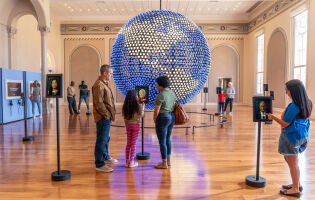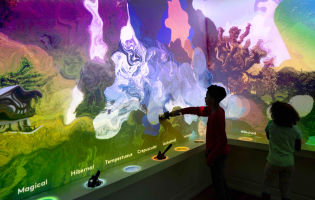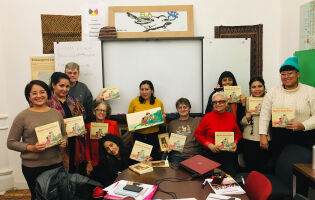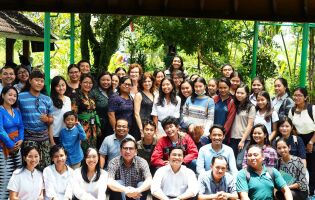
Indigenous Languages Rising: An Urgent Call to Uphold Language Rights
Languages are more than just words — they carry heritage, identity, and culture, ensuring they’re passed on to future generations. Yet many Indigenous and non-dominant languages face the threat of…

Global Tongue Twisters: A Multilingual Journey of Fun and Fumbles
Tongue twisters, delightfully challenging phrases that twist your tongue and tangle your words, are not only entertaining but also fantastic tools for improving language fluency and practicing clear diction. These…

From the Andes to the Big Apple, Keeping an Indigenous Language Alive: Q&A with the Quechua Collective
With up to about 10 million speakers, Quechua (also known as Runasimi, or “people’s language”) is the most widely spoken Indigenous language of the Americas, and it is an official…

Planet Word and Climate Change
Recently, a friend doing research on the effects of climate change on a variety of organizations asked me how climate change had affected Planet Word. At first, I thought there…

Disputes on the Language Front
In the lead-up to the U.S. presidential elections of 2020, it seemed like word usage and language were always in the news. What perfect timing for launching a museum of…

Balinese, Meet Wikipedia: Revitalizing a Local Language Online
Balinese has long been pushed to the linguistic margins. What can revitalize it for the next generation? Collaboration, flexibility, and wiki technology! So says Alissa Stern, who founded the BASAbali…





